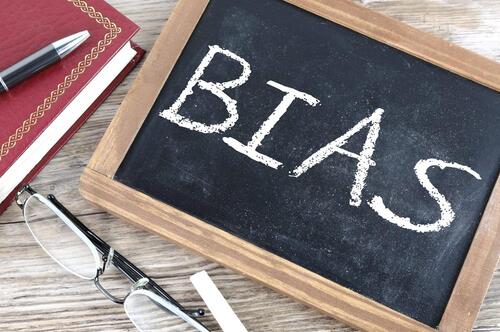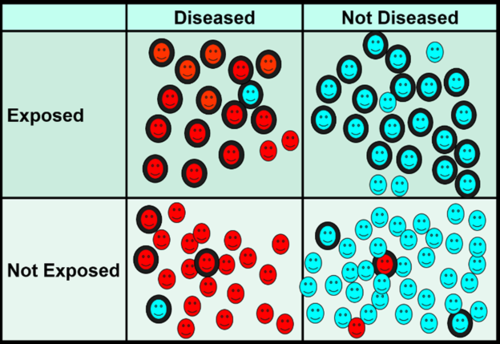
My name is Maryam, I am in my 4th year of Kinesiology, and I am so amped up to work with the Library as an Ambassador, for another amazing term! I have learned about so many library and general campus resources, and my position has allowed me to strengthen my organizational and time management skills through many projects and experiences I was fortunate to take part in as an Ambassador! Today, I am going to be discussing “Information Bias”. This concept relates to research and protocols. It is really important that we are aware of this concept because it allows one to carry out research that is founded, accurate and useful.
What is information Bias?
- Tendency to collect information, even if it is not useful and has no impact
- Misclassification of you study participants
- Error in measurement of experimental variables
- Incorrectly defining your study variables or the way you are measuring your variables
What are the subtypes of Information Bias?
- Recall Bias
- Difference in the accuracy and the amount of information recalled by your study participants about retrospective events
- Observer Bias
- Tendency of an experimenter to see what they expect and to note only their expectations
- Misclassification
- Incorrectly classifying your participants current statue and what group they should belong to in your study
- Confirmation Bias
- Tendency to look for and emphasize information that aligns and confirms your present beliefs and knowledge and ignore anything that is contradictory.
- Sampling bias
- Only picking individuals with specific characteristics to be included in your study
- This can lead to under-representation of certain groups.
- Publishing Bias
- The tendency for researchers to avoid publishing studies with negative findings
- Observation bias
- When a study participant is aware that the researchers are observing them, so they alter their answers and their behaviours to satisfy the researchers
How can you control for Information Bias?
- Blinding
- Investigators and participants should be unaware of specific details and progression of the study to decrease confirmation bias
- Using surveys instead of face to face of phone interviews
- This decreases participants apprehension and allows them to be more truthful with their responses
- Decreases misclassification
- Questionnaires
- This allows experimenters to ask participants about the same concept in many different ways
- Acts as a built in “double check”
- Precision
- Checking your charts, and results multiple times
- Make sure to consolidated and confirm with sources

Figure from https://sphweb.bumc.bu.edu/otlt/MPH-Modules/PH717-QuantCore/PH717-Module10-Bias/PH717-Module10-Bias6.html
-Maryam




